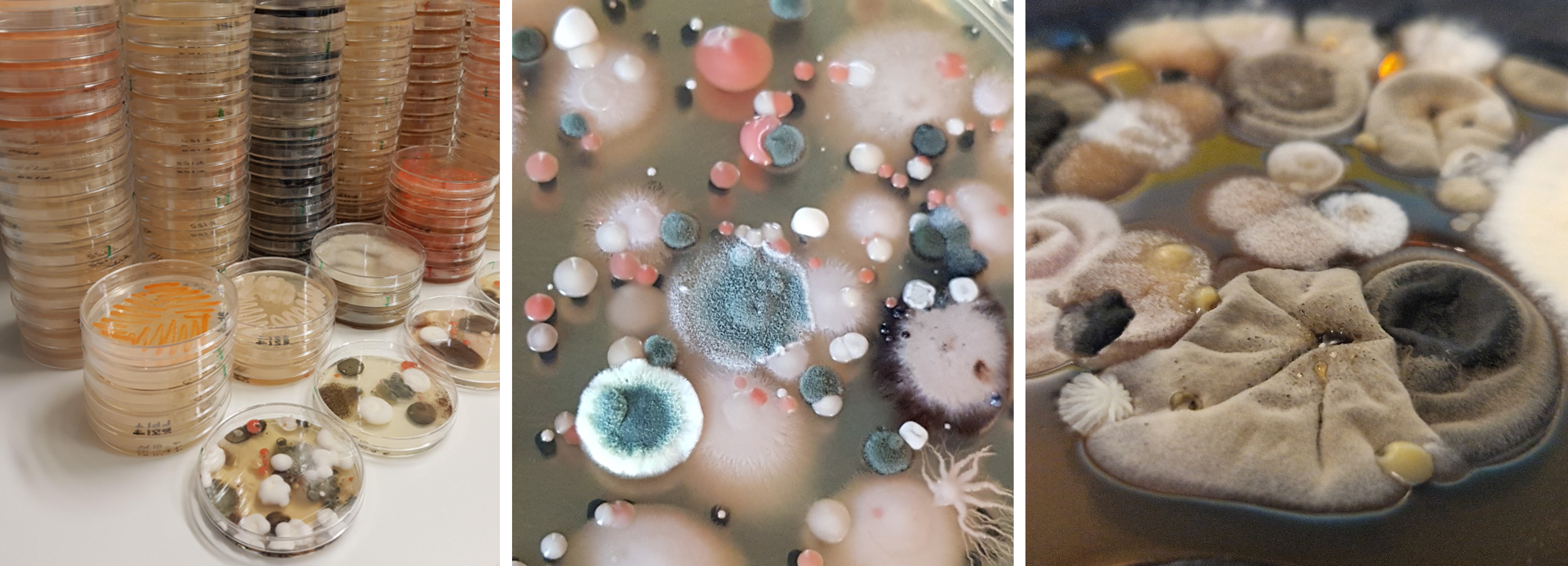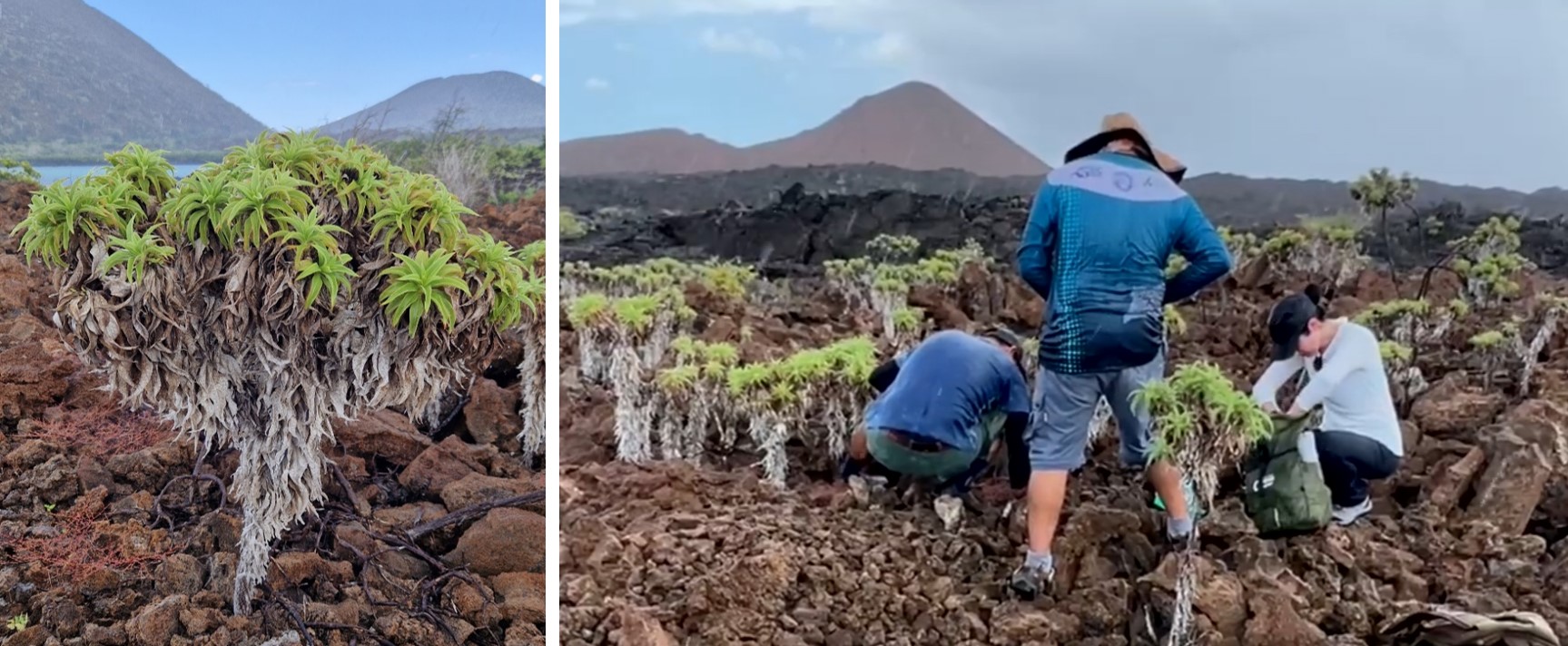Cordovez Research Group
Cordovez Research Group
Microbial EcologyOne leaf at the time
Plants host a rich community of microorganisms on and within their leaves, collectively known as the phyllosphere microbiome. These microorganisms can enhance plant performance by supplying nutrients, protecting against pathogens, and helping plants cope with environmental stresses. Despite their importance, the diversity and functions of many of these microorganisms, especially phyllosphere yeasts, remain poorly understood.
Yeasts are well-adapted to the extreme and fluctuating environment of the phyllosphere, making them promising candidates for microbiome-based strategies to improve plant growth and health, thereby contributing to more sustainable and resilient agriculture. Our research focuses on the taxonomical and functional diversity of yeasts and their potential to improve to plant resilience under challenging conditions, such as drought and fungal infections. To achieve this, we combine cutting-edge -omics technologies (including culturomics, genomics, transcriptomics, microbiomics, metabolomics) with classical molecular biology and microbiology techniques. Our research explores the dynamic microbial communities from the phyllosphere of two plant species: the widely cultivated wheat (Triticum aestivum) and the unique Scalesia species, endemic to the Galápagos Islands.
Catching cereal killers
Contamination of cereal crops, including wheat, by mycotoxins from plant pathogenic fungi leads to vast economic losses and poses a serious threat to food and feed safety worldwide. We investigate the large functional potential of plant-associated yeasts to suppress mycotoxin production and inhibit growth of cereal killers, such as the fungus Fusarium graminearum.
Hidden microbial diversity of Galápagos
Scalesia species, often referred to as the "Galápagos Giant Daisies," members of the Asteraceae family, comprises 15 species. Scalesias are an iconic example of island endemism and ecological adaptation, providing insights into how plants and their microbial communities evolve in isolated, environmentally challenging conditions. We aim at shedding light on microbial ecology, evolution, and the potential for enhancing health and resilience of Scalesia species, currently under risk of extinction.










